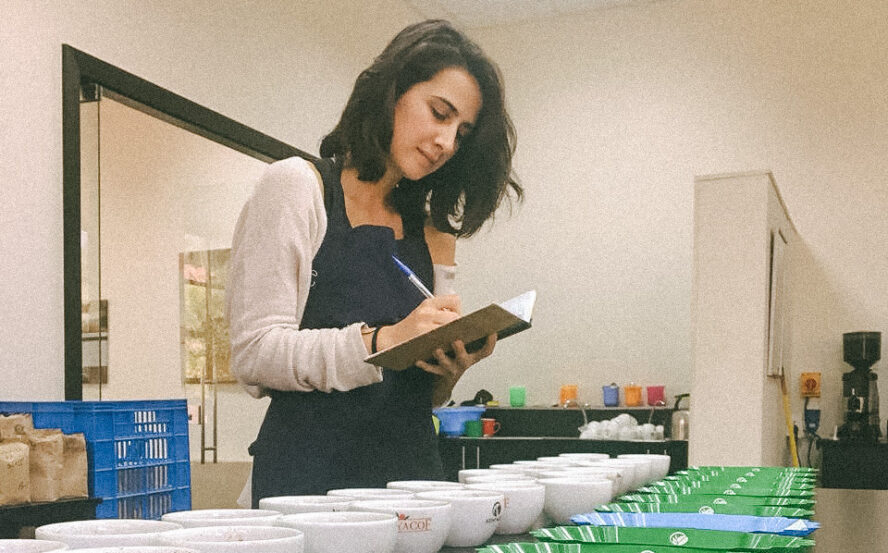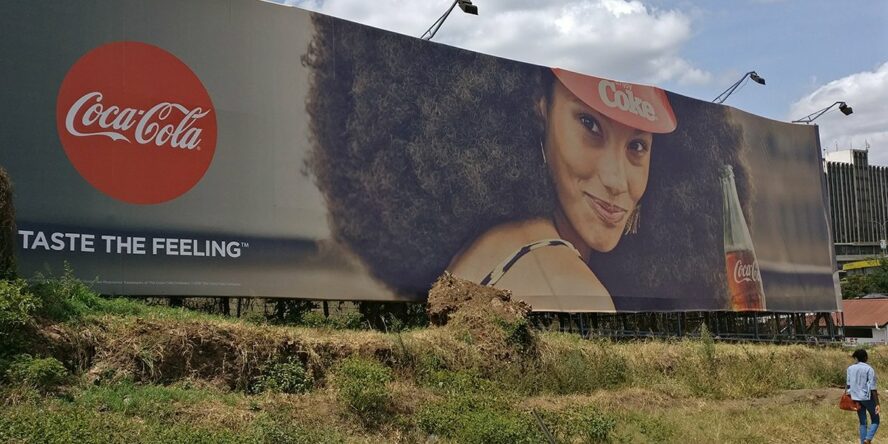Although coffee cultivation began relatively late in Kenya, the industry has gained and maintained an impressive reputation, currently boasting an estimated average annual production of 800,000 kilos. Since its inception, coffee from this origin has been recognized for its meticulous preparation, resulting in high quality and extraordinary flavors.
Kenya's coffee market system is complex and unique. The Coffee Board of Kenya was established in 1933, and the following year, a government-run weekly auction system was established that continues to operate today. The auction also created a pricing system designed to reward higher quality products with higher prices.
Today, these auctions are widely recognized as the most transparent mechanism for setting green coffee prices and are considered one of the best auction systems in the world. This system even served as inspiration for the renowned Cup of Excellence auctions.

New legislation in 2006 and 2018 provided additional opportunities for farmers to sell their coffee. While prior to 2006, the auction system was mandatory, this year's legislation created a "second window" that made it possible for coffee growers to sell directly to international buyers . Thanks to this legislation, we can proudly say that for several seasons now , we have been working directly with small producers who have their own processing facilities .
Although the law allows it, this important fact is unusual in this country, as the purchase and sale of coffee cherries is considered illegal in Kenya . What does this mean? Producers must first hire a processing service (to process their cherries) and then a marketing service (which will handle exports), which does not allow them full control over their coffee and, as a result, they end up becoming members of cooperatives that will process their coffee alongside that of other producers.
In our case, we have established long-term relationships with small producers with facilities on their farms (or shared with one of their neighbors) who can process their own cherries, ensuring full traceability of their batches. One example is Jackson Wanjohi, a producer in the Nyeri region who grew and processed the batch that makes up our August Experience Subscription: 'JAGWAN PB' .

Most of the coffee trees on Jackson's farm are SL28, SL34, Riuru 11, and Batian varieties, planted in the 1960s . The lot we chose for this subscription experience is a washed lot grown at 1,850 meters above sea level. PB stands for Peaberry , meaning this lot is composed solely of this type of seed, a natural mutation in the coffee cherry that is highly valued for lending even greater complexity to this type of bean.
The result is a spectacular batch with floral and fresh aromas of citrus and tropical fruits . A very complex, well-rounded, dense coffee with a lot of personality. Notes of forest berries, papaya, and passion fruit with hints of mandarin. A burst of flavor and personality brought to you directly from Kenya, we hope it will brighten your return to routine.
